
Includes information for the original Lamb Brewery
Brewery
Griffin Brewery, Chiswick Lane South W4 2QB (Hounslow)
fullers.co.uk
First sold beer: 1701 (as Mawson’s)
Shockwaves ran through the London brewing scene on 25 January 2019 when Fuller, Smith & Turner, London’s biggest brewery and its oldest by far, announced it was following in the footsteps of former fellow London brewer Young’s (see Ram Brewery under Sambrook’s) and many other old-established UK family breweries by ditching brewing to concentrate on pubs. The beer business, including the historic Griffin brewery, was sold for £250 million to Asahi of Japan, becoming its second brewery in London after Meantime, while Fuller’s shifted focus to its pub estate, where 87% of its profit had been generated. Asahi has undertaken to continue brewing at the Griffin, which is now London’s only historic brewery in continuous commercial production: all the others were founded or revived in the 21st century.
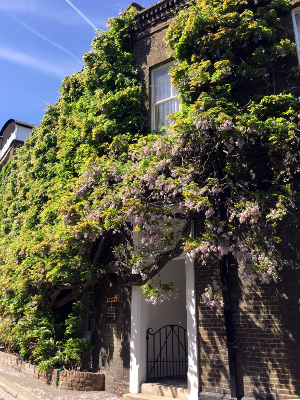
Brewing on this riverside site on Chiswick Mall can be traced back to the 1650s domestic brewery attached to stately home Bedford House. Thomas Mawson founded the Griffin brewery as a commercial operation in 1701, and the Fuller family became involved in 1829. The currently quoted founding date of 1845 is when a new partnership took over, involving John Bird Fuller, Henry Smith (formerly of Ind & Smith in Romford, later Ind Coope), and John Turner. Fuller Smith & Turner became a limited company in 1929, and descendants of the original partners remained involved until the recent sale. Numerous historic buildings remain on the site, which is also famous for the wisteria that adorns the walls of the former head brewer’s house, grown from the earliest cutting to arrive in Britain from China in 1816.
On an adjacent site to the west, off Church Street, are the remains of a second Chiswick brewery, the Lamb, dating from at least 1790 and once at least as big as the Griffin. The tower brewhouse built around 1900 still stands, though hasn’t brewed since 1920; it was once used by Fuller’s for storage but is now offices.
As one of only two independent breweries left in London as the beer consumer movement gathered pace in the 1970s, Fuller’s was persuaded not to convert to keg production and to revive traditional cask conditioning and handpump dispense. It grew substantially from an output of around 100,000 hl and an estate of 100 pubs to 550,000 hl and 400 pubs just before the Asahi deal.
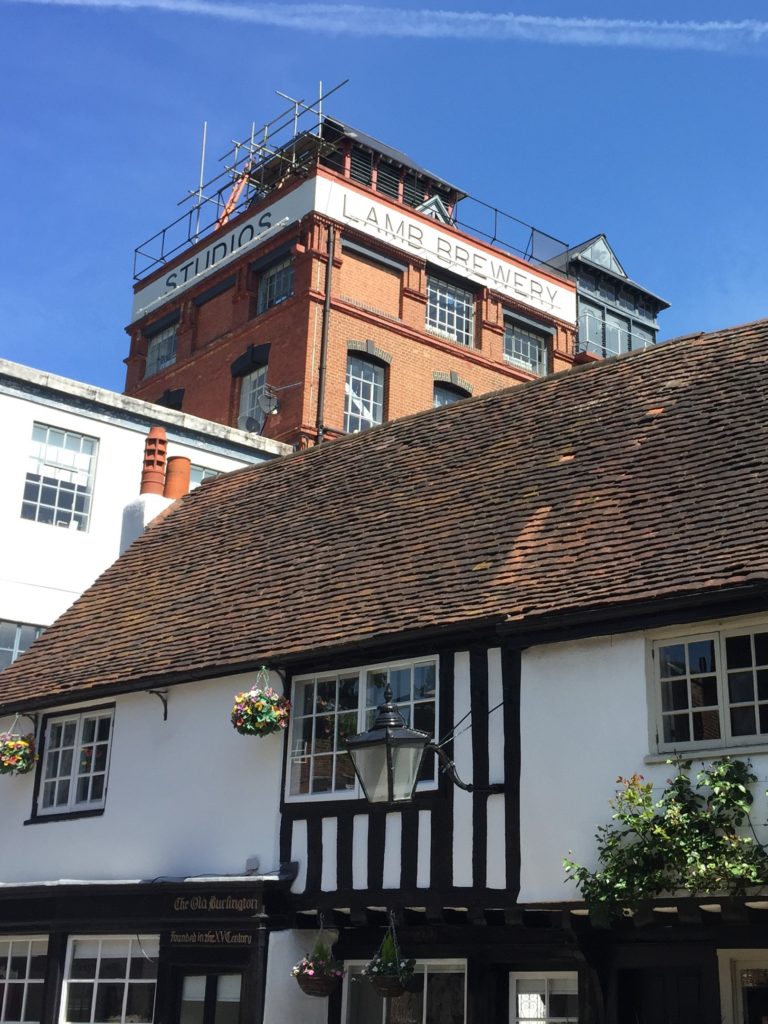
In 2005, Fuller’s bought another old-established family brewer, Gales in Horndeam, Hampshire, and closed it the following year, retaining some of the brands. In February 2018, the brewery bought Dark Star, based in Partridge Green near Horsham, West Sussex, with the intention of retaining it as a working brewery, though its flagship Hophead was soon shifted to Chiswick. Both these assets were included in the Asahi deal.
Dark Star’s roots go back to London in 1982 when Pitfield’s Brewery was founded by microbrewing pioneers Rob Jones and Martin Kemp in Pitfield Street, Hoxton. Their best-known beer was a porter called Dark Star which became the first microbrew to win Champion Beer of Britain in 1987, and when in 1994 Rob collaborated with the landlord of the Evening Star pub in Brighton to set up a microbrewery in the cellar, he revived the name. Dark Star played a major role in popularising the use of New World hops in the UK and expanded twice before the Fuller’s acquisition, though Rob left in 2016. Sadly, Asahi opted to close Dark Star in December 2022: though Hophead continues in production at Chiswick, by the end of 2023 all other brands should transfer to another Asahi brewery, Meantime.
Fuller’s brewhouse was renewed in the mid-1990s with a modern twin mash tun system which brews in 520 hl batches, and nearly all fermentation is now in cylindro-conical closed fermenters. In July 2018 a new 16 hl pilot brewery was installed as part of a major refurbishment of the visitor centre. Drink-in facilities here were added in 2021 to partially make up for the sad loss of the Mawson Arms, the historic brewery tap round the corner, which closed for good during the 2020 lockdown. World-renowned brewing director John Keeling retired in October 2018 though still acts as a brewery ambassador.
Under the new arrangement, the Griffin still supplies beers to Fuller’s pubs, while Asahi is free to use Fuller’s trademarks to market the beer elsewhere. The Japanese company has said it respects the brands and their heritage and is particularly keen to increase international sales. But the deal has inevitably raised worries about the future of the site, which given its location could be extremely valuable if redeveloped.
Beers are in cask, keg, can, bottle conditioned and in filtered bottles, with some minicasks. Several of the core brands are related through the technique of ‘parti-gyling’, taking multiple runnings at different gravities from the same basic mash and tweaking the hop additions. All Fuller’s-branded beers are fermented using a longstanding house yeast, while Gale’s and Dark Star beers use different yeasts.
Updated 4 September 2023.


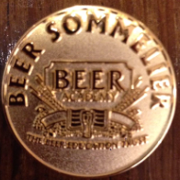
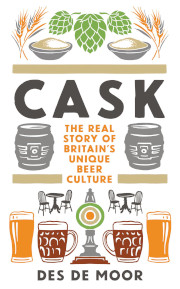
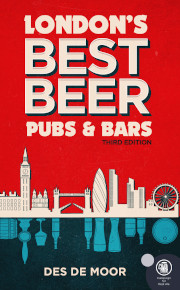
Leave a Reply